Services
Multi-year Rate Adjustment
At the May 9, 2022, Board of Directors meeting of the Placer County Water Agency (PCWA), the Board adopted new rates, fees, and charges for water service throughout the Agency's Western Water system. The rates, which take effect on January 1, 2023, were calculated using a cost-of-service approach and are the result of a two-year rate study conducted by an independent rate consultant, which considered Agency revenue requirements and associated costs for the next five years.
As required by state law, PCWA complied with Proposition 218 in order to adopt the new rates and charges. The notice to proceed with the Proposition 218 process was approved by the Board on March 3, 2022, and the process concluded with a public hearing on May 9, 2022.
The proposed rates and charges for delivery of treated and untreated water are intended to increase by 8.0% in 2023, 8.0% in 2024, 7.0% in 2025, 7.0% in 2026, and 6.0% in 2027. The change in monthly charges for water service for each customer will vary depending upon meter size, volume of water used, and customer classification.
Notice of Public Hearing Documents
Resources Regarding Prop. 218
Understanding Proposition 218 - Legislative Analyst's OfficeFrequently Asked Questions
PCWA recently completed a comprehensive long-range financial plan and cost of service study to ensure PCWA has adequate revenue to continue to maintain safe and reliable service for years to come. The proposed rates are also designed to align costs with the benefitting customer classes, meet the revenue requirements necessary to recover current and projected costs of operations, to avoid deficits, and to minimize the use of reserves. The Agency completed a separate analysis which provided a 25-year outlook of Renewal and Replacement (R&R) costs which was incorporated into the long-range financial plan. The R&R Study projected the Agency requires $17 million annually, before inflation impacts, to maintain or replace its water infrastructure; the Agency's current water rates provide $10-11 million annually for R&R capital projects.
The new rates would take effect January 1, 2023.
On average, customers can expect monthly water bills to increase $6 to $7 in 2023 (compared to 2022).
PCWA last adopted new rates in 2017 as a part of multi-year rate adjustment effective 2018 through 2022.
Water Treatment
PCWA operates eight water treatment plants producing 14 billion gallons of water per year. Projects slated in the next five years include:
Colfax Water Treatment Plant ReplacementFoothill Water Treatment Plant Grit Screen Replacement
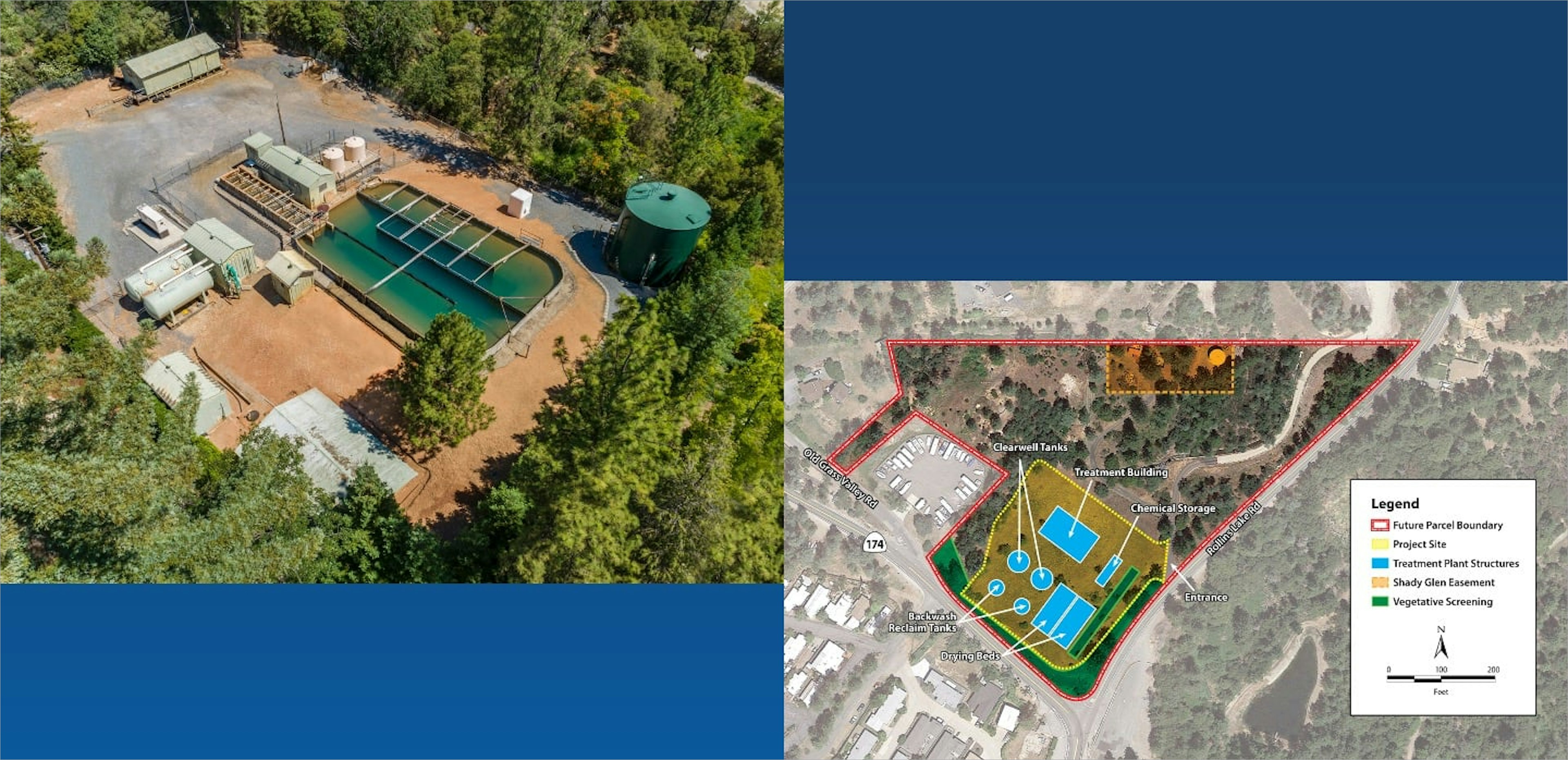
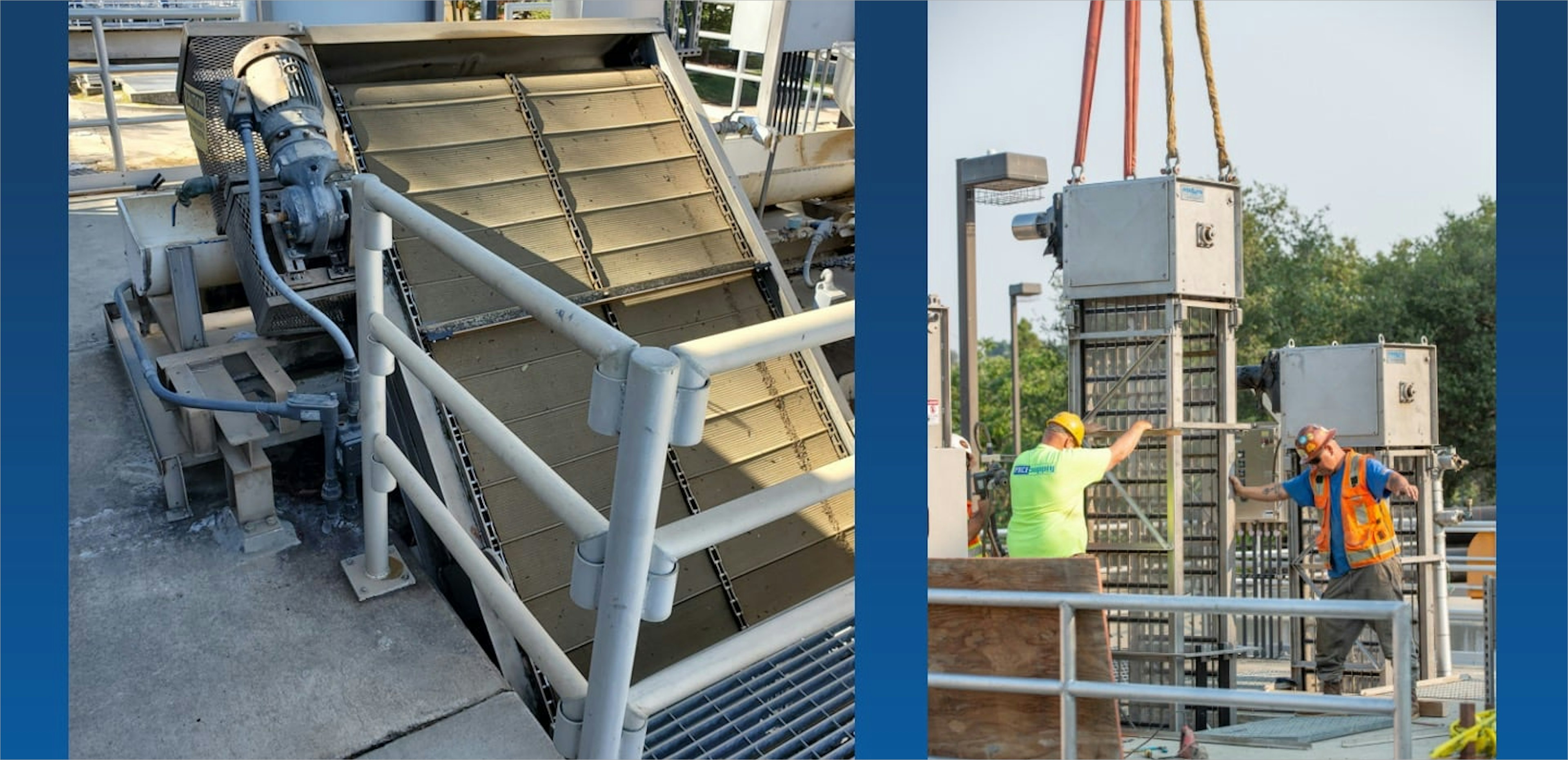
Water Transmission & Distribution
PCWA maintains over 600 miles of pipeline and 167 miles of raw water canals. Projects slated in the next five years include:
High Street Water Main Replacement, AuburnMidas Avenue Water Main Replacement, Rocklin
Interstate 80 Water Crossing Improvement Program
Kilmer Siphon Replacement, Colfax
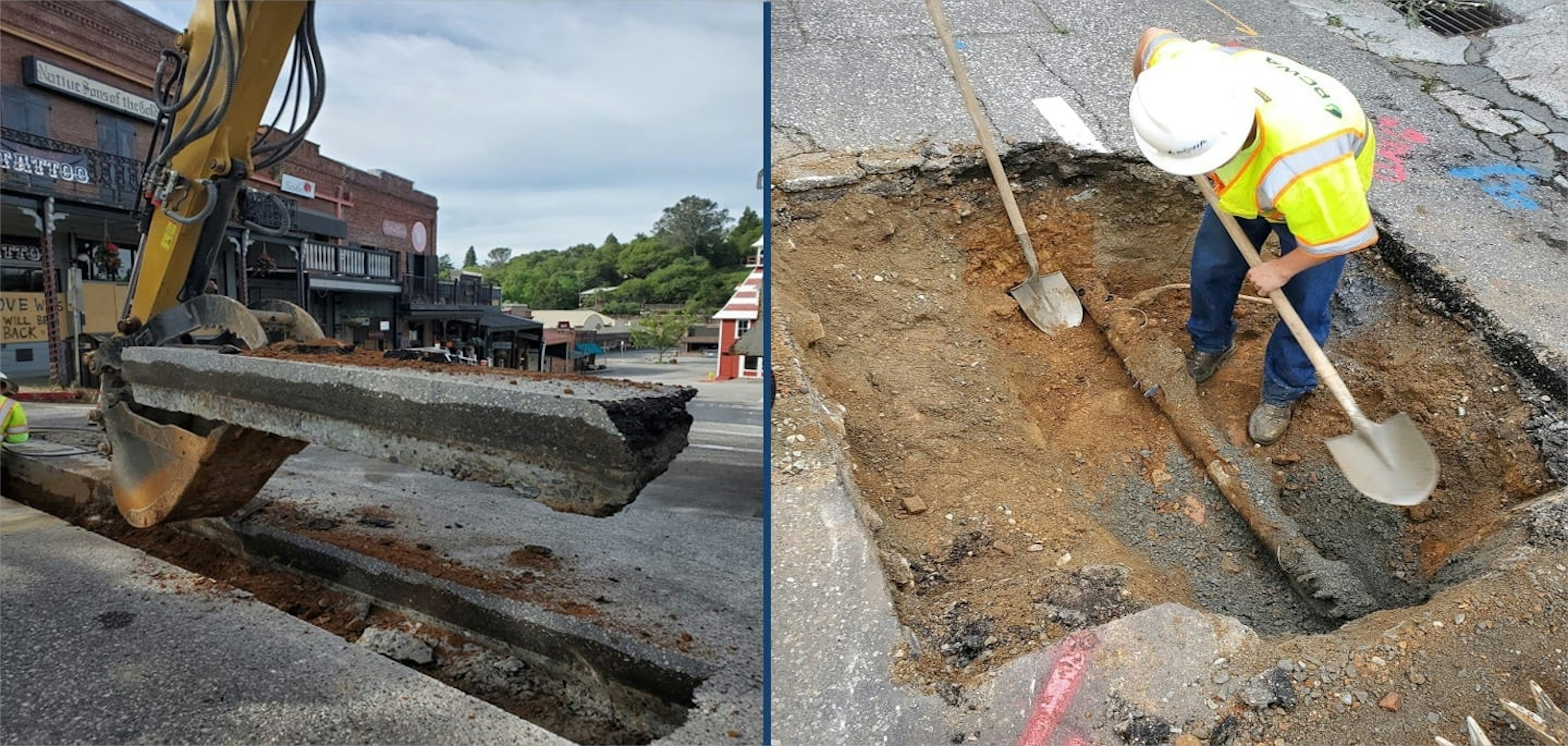
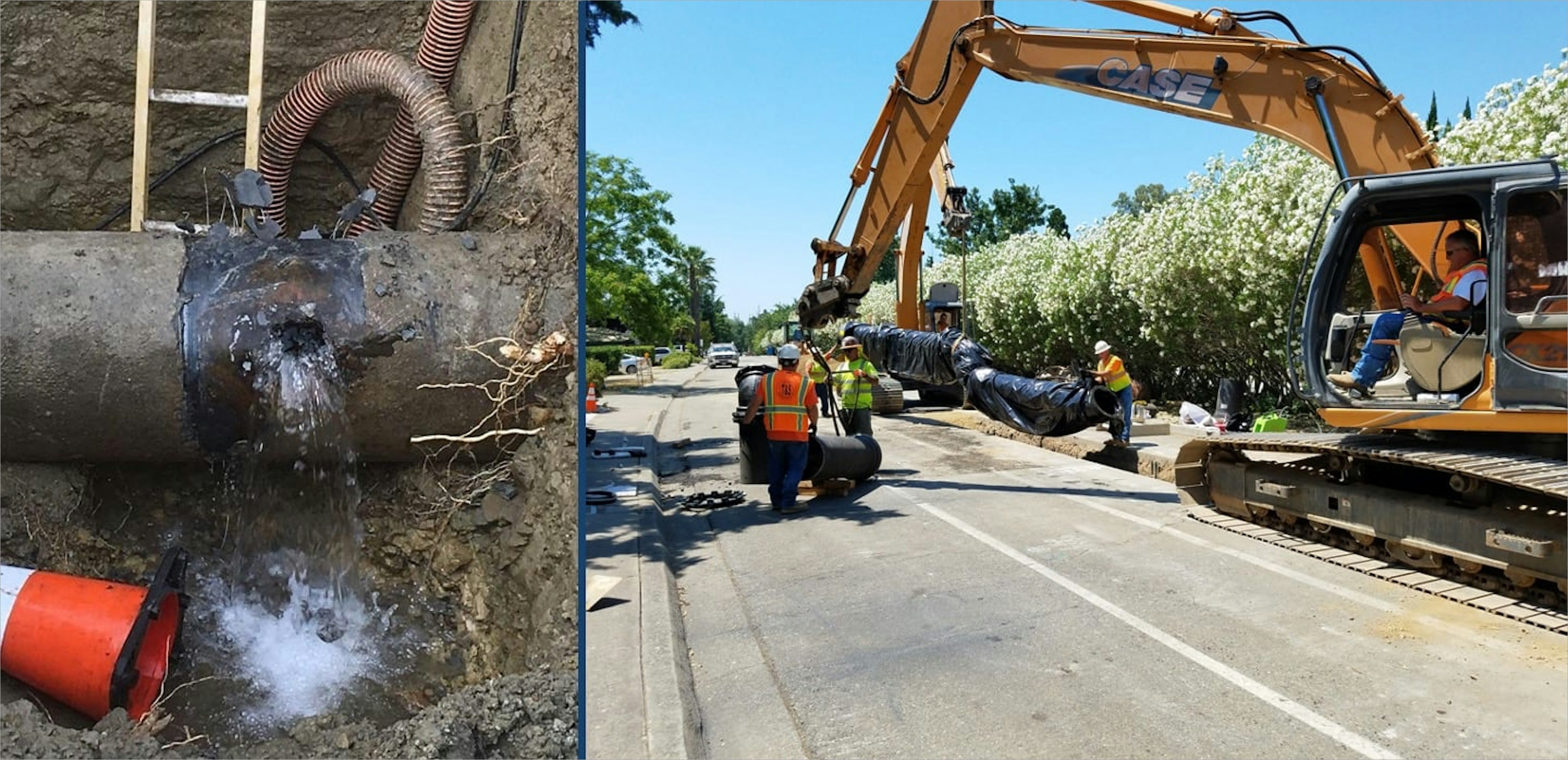
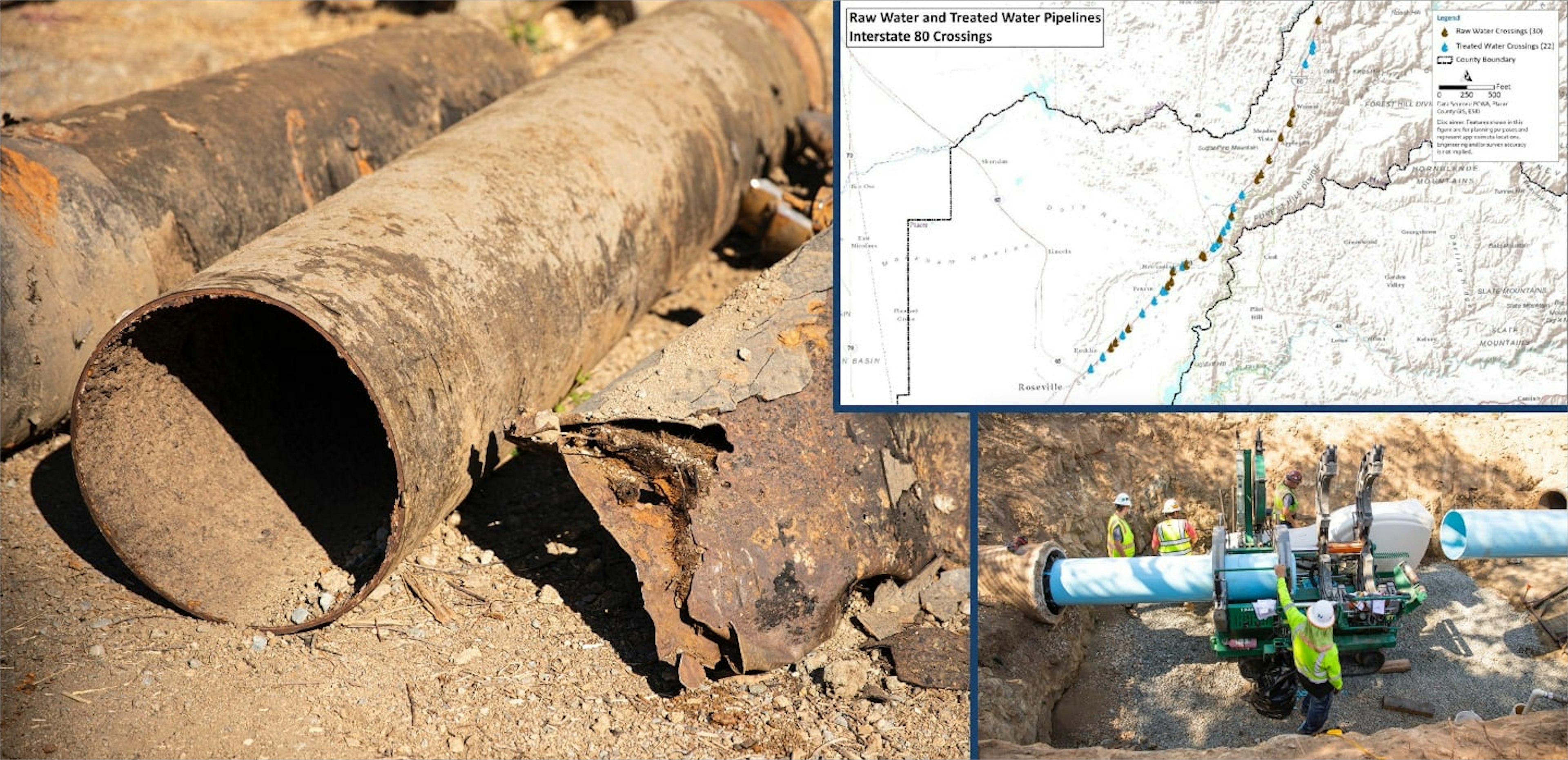
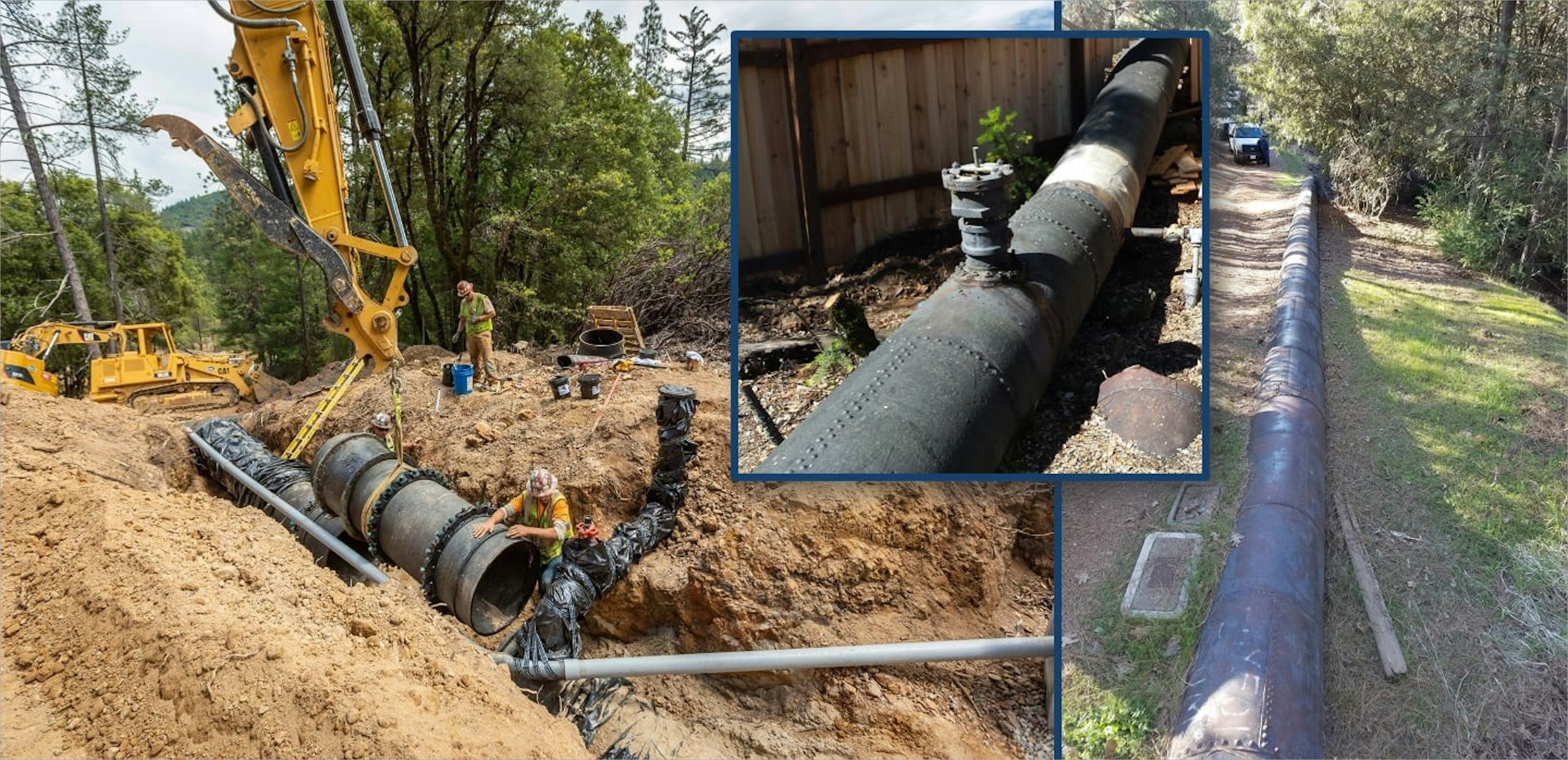
Water Tank Upgrades & Replacement
PCWA maintains 34 water storage tanks from Alta to Rocklin. Projects slated in the next five years include:
Alta TankMonte Vista Tank
Stanford Ranch Tank
Bella Tuscany Tank
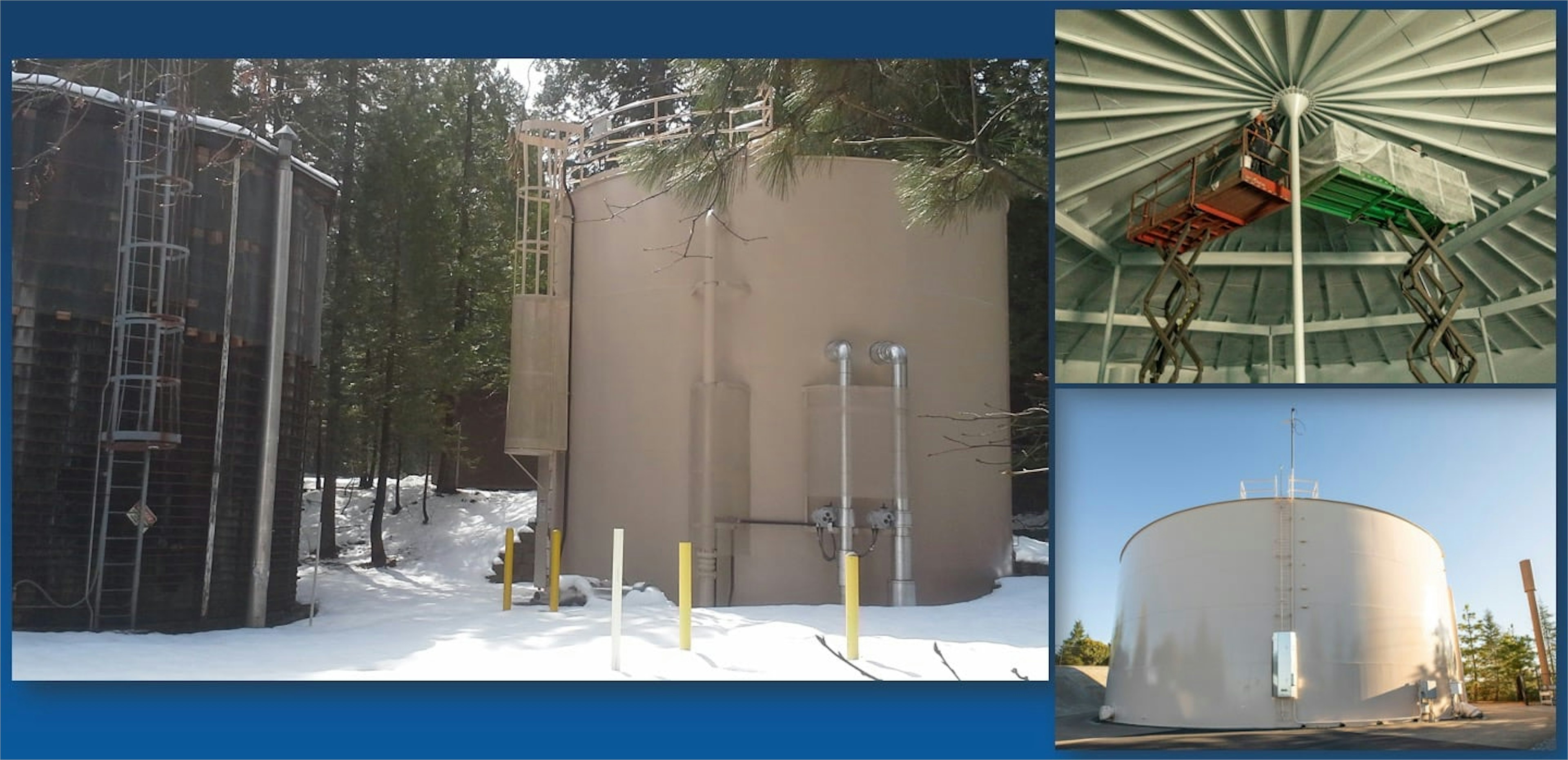
Pump Station Upgrades & Replacement
PCWA operates treated water pumps and raw water pumps across several locations. Projects slated in the next five years include:
Northstar Road, RocklinOphir Pump Station including Auburn Tunnel Pumps 2 & 3
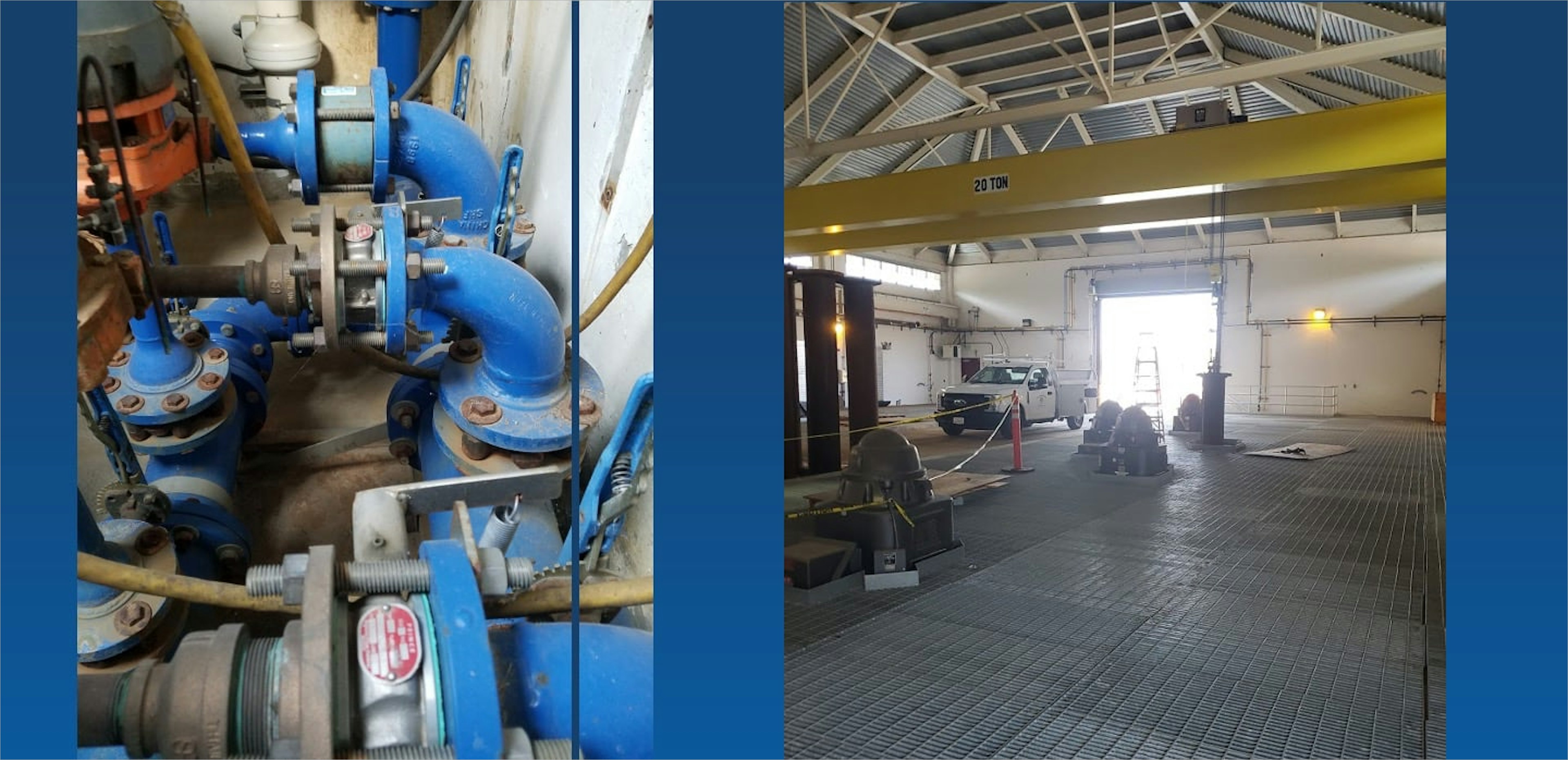
Because the Middle Fork Project is a county-wide asset (the revenue bonds for construction were passed by all voters in Placer County), net Project revenue cannot be allocated to only PCWA rate payers. Middle Fork Project hydro-electric generation does support the PCWA water system by funding the operation and maintenance of French Meadows and Hell Hole Reservoirs, which provide significant water supplies to our customers.
PCWA makes every accommodation possible for customers who demonstrate difficulty paying their water bill. The State of California is also considering the creation of a statewide assistance program. For more information on payment plans, please contact Customer Services at (530) 823-4850.
Customers may also qualify for assistance through Project Go, Inc. To determine eligibility please contact projectgoinc.org or (916) 782-3443.
Currently, the biggest driver of the rate adjustment is historically high levels of inflation. The operation and maintenance of our community owned water system is heavily reliant on goods and services that continue to experience dramatic price increases. These include items like iron and plastic pipe, lumber, concrete, asphalt, electricity and diesel fuel. PCWA's rate adjustment factors in persistent price inflation of approximately three to five percent (3 - 5%) over the coming five years. Below is a breakdown of materials commonly used in water infrastructure projects showing the increase in costs from the last rate adjustment in 2017.
| January | 2017 | 2022 | |
|---|---|---|---|
| Index Value | % Increase in Material Cost | ||
| Material Cost | $3,153.32 | $5,073.87 | 60.91% |
| Cement $/Ton | $109.05 | $151.44 | 38.87% |
| Steel $/CWT | $49.89 | $79.47 | 59.29% |
| Lumber $/MBF | $522.60 | $949.70 | 81.73% |
This rate study was conducted using industry-standard principles outlined by the American Water Works Association's Principles of Water Rates, Fees, and Charges: Manual of Water Supply Practices M1 (seventh edition). The overall rate study process is outlined below:
1. Develop a Financial Plan: This plan determines the amount of money PCWA’s Water Division needs to collect to continue delivering high levels of service each year through 2027.
2. Perform Cost of Service Analysis: Depending on their usage patterns and other factors, PCWA customers place different demands on the system. These demands incur different costs, and this analysis ensures every customer group is charged fairly for their service and pays their fair share of costs.
3. Perform Rate Design: Based on the results of the financial plan and cost of service analyses, rate design balances many factors and policy objectives, and results in a proposed five-year schedule of rates for 2023-2027.
4. Record Preparation and Rate Adoption: The results of the rate study create a valuable administrative record. Proposed rates may be adopted by PCWA's Board of Directors only after notifying all property owners and holding a public hearing in accordance with Proposition 218 requirements.
1. The Agency's rate consultants analyzed data for a year with the least variability in terms of overall water demands and costs, known as the test year. Using data that is representative of a normal year allows the Agency to propose multi-year rates that align more accurately with our cost of service. This process includes the evaluation of costs to provide service for the Agency's four service classes: treated retail, treated resale, untreated retail, and untreated resale, based on the classes’ demands on, and use of, the system. The evaluation of cost components within each class then determines the allocations to the associated charges, or rate components, that align with the cost of service provided. This reconciliation of costs recovered by each rate component in the test year allows the Agency to equitably distribute the costs of service and to accurately set our rate structures accordingly. For example, you may see an adjustment to a fixed component that, by percentage, is higher than the overall rate adjustment. Yet, without the adjustment to an individual component, the true cost of service would not be accurately reflected in the rates.
2. No, the first year of the proposed rate increases is when distributional impacts resulting from the updated costs of service analysis will be experienced by customers. Beyond 2023, all customers will experience uniform annual bill adjustments no greater than the proposed rate adjustment percentages presented in the Proposition 218 notification.









